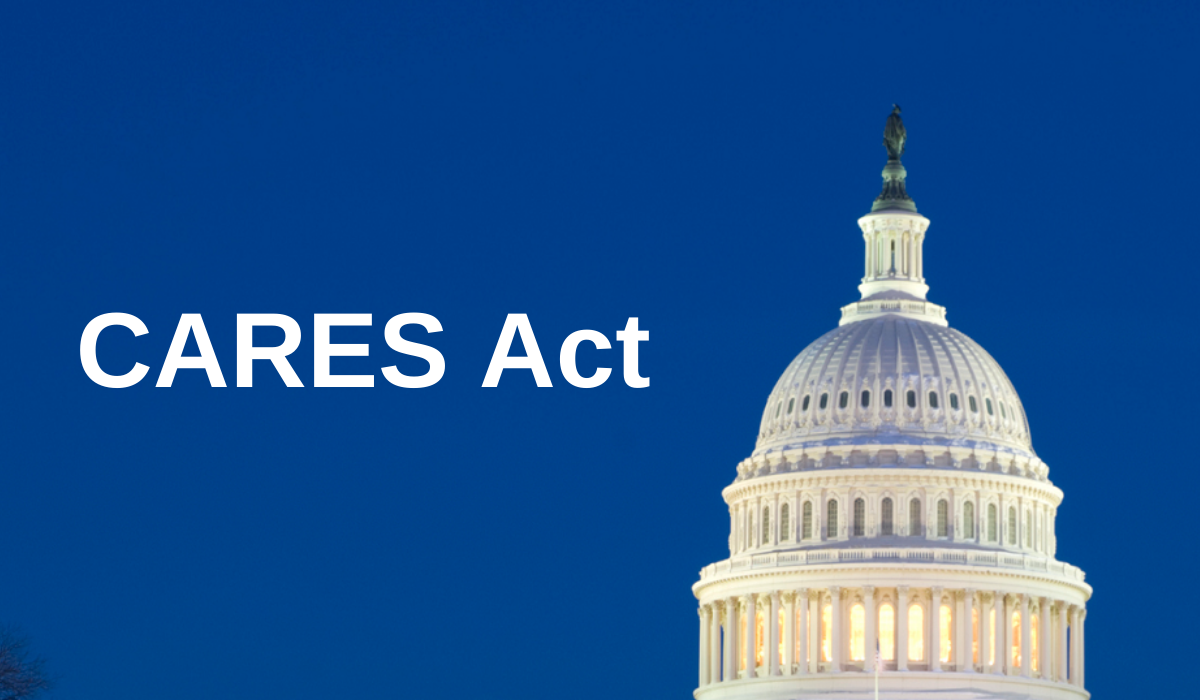
The economic crisis caused by the COVID-19 pandemic has created uncertainty for small businesses. At the moment, it seems possible that many small businesses may remain closed for the next few weeks. Such extended closures would often result in cash-flow challenges for these businesses as well as their individual owners. It is nonetheless true that many U.S. small businesses don’t have a lot of liquidity, and there is a lot of dependence on debt instruments. Thus, an economic downturn resulting from the coronavirus pandemic could cause severe liquidity constraints that might leave many small businesses in risk of, or in actual, default under various debt instruments. When businesses default, chapter 11 “reorganization” bankruptcy provides a vehicle through which U.S. businesses can reorganize and keep their operations alive, affording them time to pay their debt instruments, stabilize their activities while analyzing alternatives to restructure their balance sheet.
Before the current crisis, small business leaders and their stakeholders had lamented the excessive costs and complexities associated with small business restructuring, and many called for an amendment to chapter 11 of the Bankruptcy Code. Hence, in 2019, the Small Business Reorganization Act (SBRA) was passed into law, and the purpose was to expedite the process for small business debtors to reorganize and confirm a plan, by (i) imposing shorter deadlines for completing the bankruptcy process, including dispensing with the requirement to create a separate disclosure statement to solicit creditor approval of the plan of reorganization, (ii) allowing for greater flexibility in negotiating the plan of reorganization with creditors, (iii) dispensing with creditors’ committee and replacing it with a private trustee who will work with the small business debtor and its creditors to formulate a restructuring proposal that maximizes value and accommodates the interests of the creditors, (iv) simplifying and streamlining the process for a debtor to confirm a plan, and (v) reducing the cost of bankruptcy for small business debtors. Under SBRA, a “small business debtor” includes an individual or corporate entity engaged in commercial or business activity with aggregate debts of $2,725,625 or less. SBRA’s significant impact is that it amended chapter 11 of the Bankruptcy Code, and a small business debtor may voluntarily elect to proceed under the amended provision by making an election on its bankruptcy petition.
CARES Act Offers Much Needed Hope to Small Businesses | Louisiana …
The CARES Act builds on SBRA amendments to Chapter 11 Bankruptcy Code by increasing the debt limit for a debtor to qualify as a small business debtor from $2,725,625 to $7.5 million. However, this new debt limit applies to cases filed after the enactment of the CARES Act, and would sunset one year from March 27, 2020. As a result of the CARES Act’s increase in the eligibility threshold amount, the number of bankruptcy filings by small businesses is likely to rise, with an expectation that a bankruptcy reorganization will be a viable option for more small businesses in financial distress, allowing them to keep operating while analyzing restructuring alternatives. This will be good to help small businesses navigate and recover from the COVID-19 liquidity challenges.
Eric Nwaubani is the Managing Attorney of Law Group International Chartered, and has experience in all aspects of bankruptcy law and corporate restructuring.
If you need legal assistance on how the CARES Act affects you, your family or business, contact us today at attorney@lgic.us or call 202-349-5784.
The materials in this website have been prepared by the author for informational purposes only and are not legal advice or counsel. Transmission of the information is not intended to create, and receipt does not constitute, an attorney-client relationship. This information is not provided in the course of an attorney-client relationship and is not intended to constitute legal advice or to substitute for obtaining legal advice from an attorney.